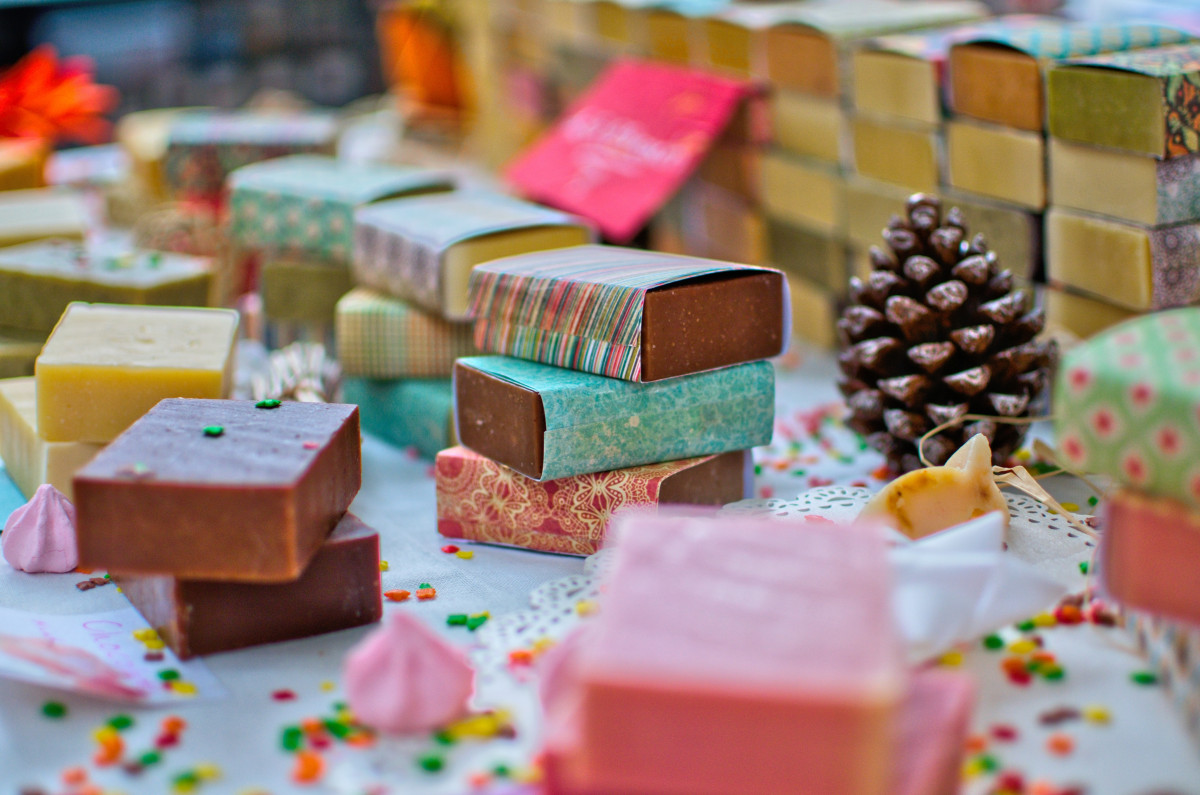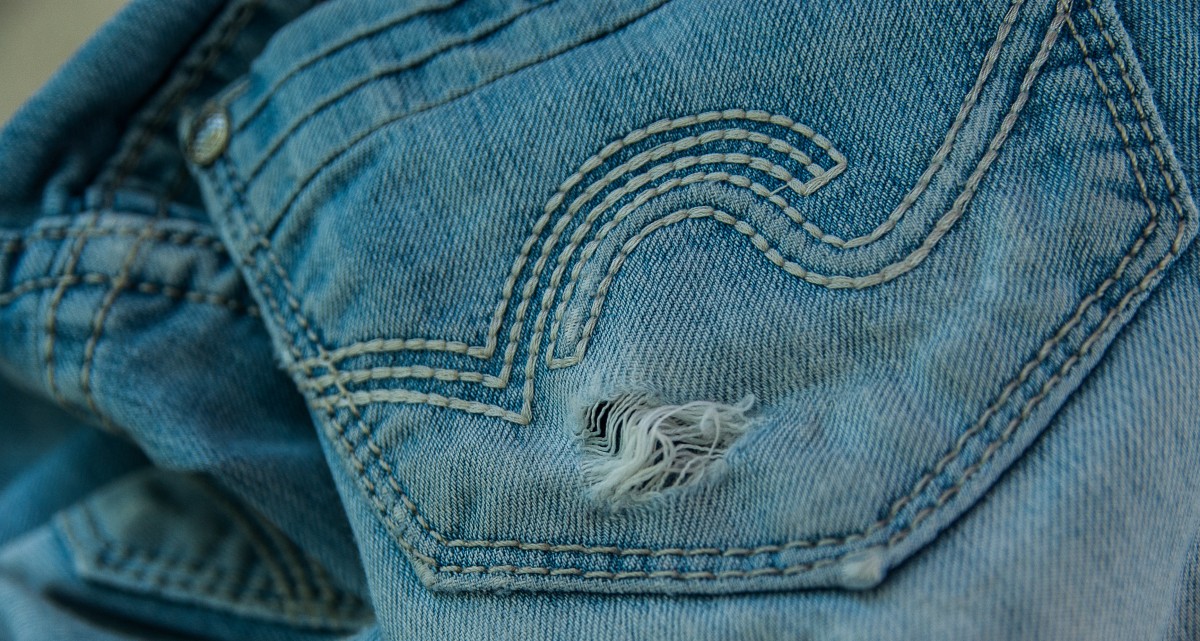Pollution and the depletion of natural resources are largely linked to our consumption habits. It is important to fight against the waste of the things we use to reduce our environmental impact while also saving money. Waste leads to overconsumption, which is responsible for pollution and the expenditure of raw materials and energy that are harmful to the environment. Reducing waste as much as possible by reusing, repairing, and recycling is essential to break this vicious circle. Here is a list of 9 products and objects that we should no longer throw away but reuse.
1. Fruit and vegetable peelings
About 30% of our waste is biowaste that can be composted and used to make the soil more fertile and plants more resistant.
When biowaste is not sorted and goes into the garbage, it is taken to landfills and incinerated. Since it is not combustible, it generates greenhouse gases such as biogenic CO2.
Therefore, you can stop biowaste and make your own compost in vermicompost.
2. Citrus peelings
Oranges, tangerines, grapefruits, lemons: citrus peels, ideally organic or well-rinsed to eliminate pesticide residues, can be very useful. They contain citric acid and are, therefore, a natural scale remover. You can fill your sink or basin with hot water and place glasses with citrus peels. Ten minutes and a good rinse later, the white marks will be gone.
These peels are useful to obtain zests to use in cooking or to make an ecological multi-purpose cleaner by letting citrus peels and white vinegar macerate for two weeks in an airtight container, which you will then mix with a little water: you will obtain an effective and fragrant product.
3. Worn clothing
Rather than throwing away your clothes with holes or stains, you can give them a second life, even if you’re not a sewing expert. For example, you can easily turn a cotton T-shirt into a shopping bag or spun tights into tawashi, those little washable and reusable sponges.
Your damaged clothes can also be used to make bee wraps, sustainable food packaging coated with beeswax, cloth dish towels, tissues or paper towels, eyeglass bags, and toiletry bags… The possibilities are numerous.
4. Broken electronics or appliances
Many people prefer to buy new when their appliances break down, convinced that repairing them will cost more than buying them back.
However, there is now a whole network of DIY where you can, with the help of volunteers, learn to identify breakdowns and repair your appliances yourself. This way, you save a lot of money and contribute to the fight against overconsumption, pollution, and the depletion of natural resources.
5. Solid soap scraps

The last few grams of a block of soap or solid shampoo are sometimes difficult to handle. Therefore, throwing them away and replacing them with a new product is tempting. However, these scraps are very easy to reuse. All you need is a pan and a mold.
Once you’ve collected enough soap or solid shampoo scraps, gather them in a pan and heat them over low heat. Mix to a smooth paste, pour into a mold, let cool, and unmold: you are the proud owner of a new soap or shampoo!
Another tip: you can slip a soap scrap into a split sponge. Simply run the sponge under water, and it will foam up.
6. Glass jars and bottles
Glass yogurt, jam or canning jars, soup or lemonade bottles: keep these containers to store your homemade household products, spices, and other bulk-bought foods.
If you’re handy, turn these jars into a soap dispenser or mug, sprout seeds, or pour your homemade candles.
7. Overripe fruits
Many fruits can be used to make a natural face or hair mask. If you forgot some fruits in your basket and they are too ripe to eat raw, use them to take care of yourself! You can make a mask with a banana, a teaspoon of honey or avocado, two tablespoons of olive oil, half a cucumber and yogurt, a quarter of an apple, and a drizzle of lemon juice, or the juice of half a grapefruit and a tablespoon of white clay.
8. Eggshells
Eggshells are usually thrown away without further consideration. However, they can be crushed and scattered around the garden to repel slugs or ground into a powder and placed in the bottom of a scouring dish if you wash your dishes with a tawashi.
You can also use them as a container to germinate seeds put them in the compost, or put them in small nets hung on peach trees to repel fungi responsible for disease.
9. Newspaper
When you finish reading your newspaper, please don’t throw it away. Newspaper crumpled into a ball and dampened is very effective for cleaning windows and mirrors. Place it at the bottom of your refrigerator’s crisper, and it will absorb bad odors.
In case of rain, it can be rolled in a pair of shoes to dry them. You can also put a layer of it at the bottom of your cat’s litter box so that the box doesn’t get dirty, or use it as mulch in your vegetable garden to prevent the growth of weeds.
So help the planet by lightening your budget and being more inventive in reusing instead of throwing away!
